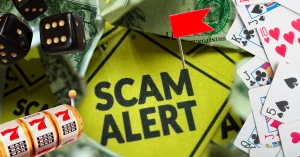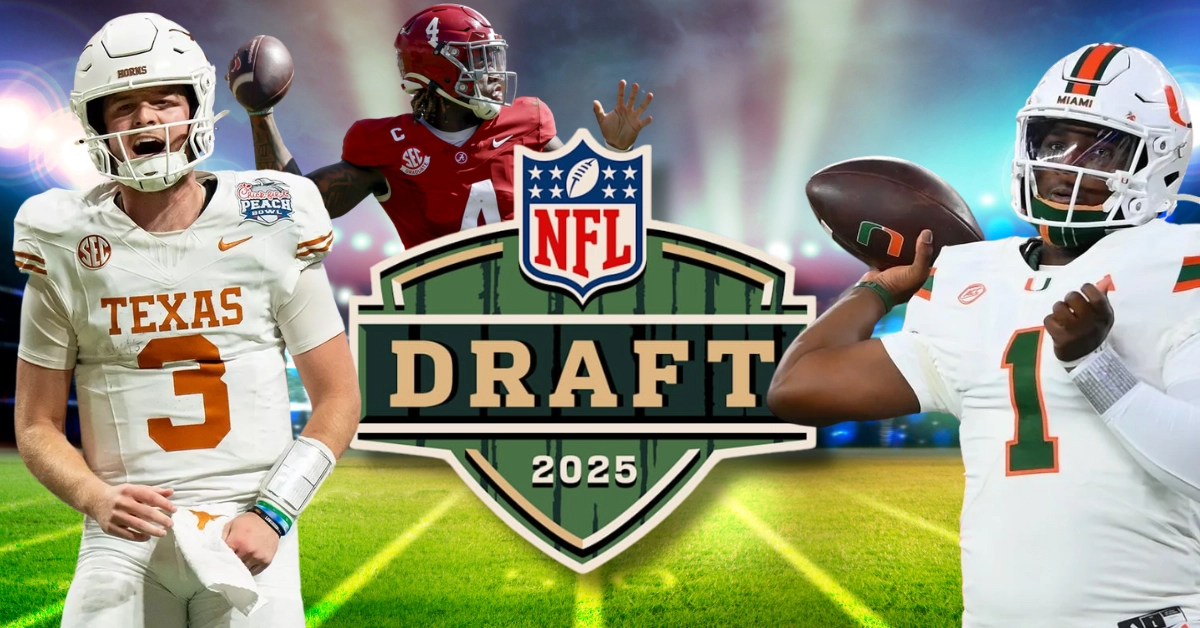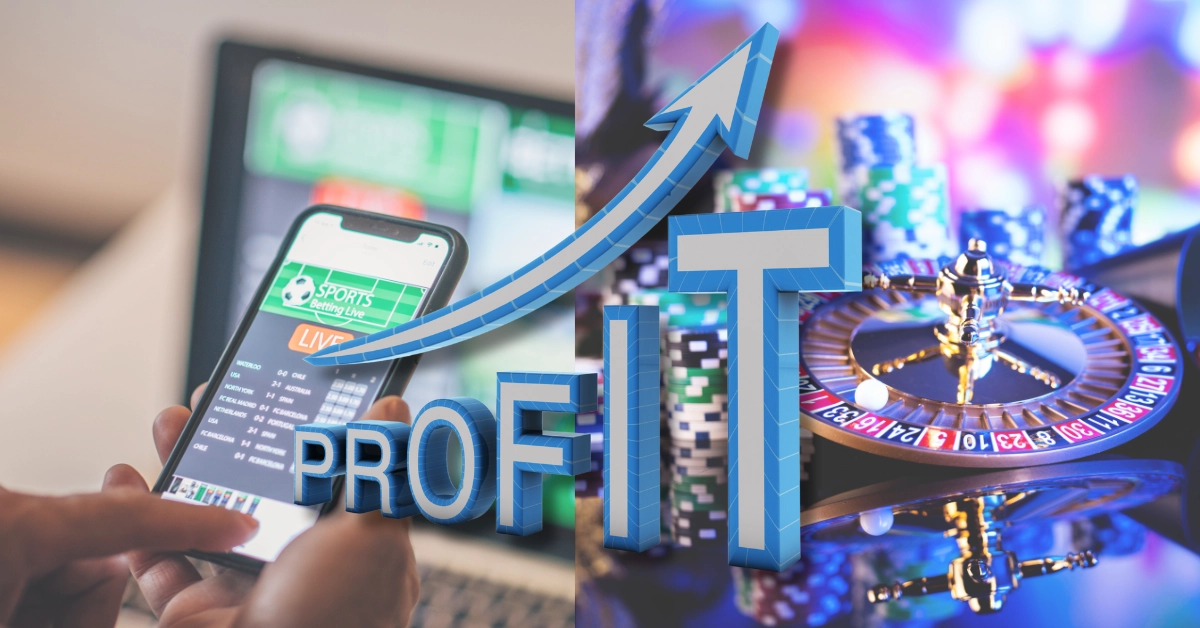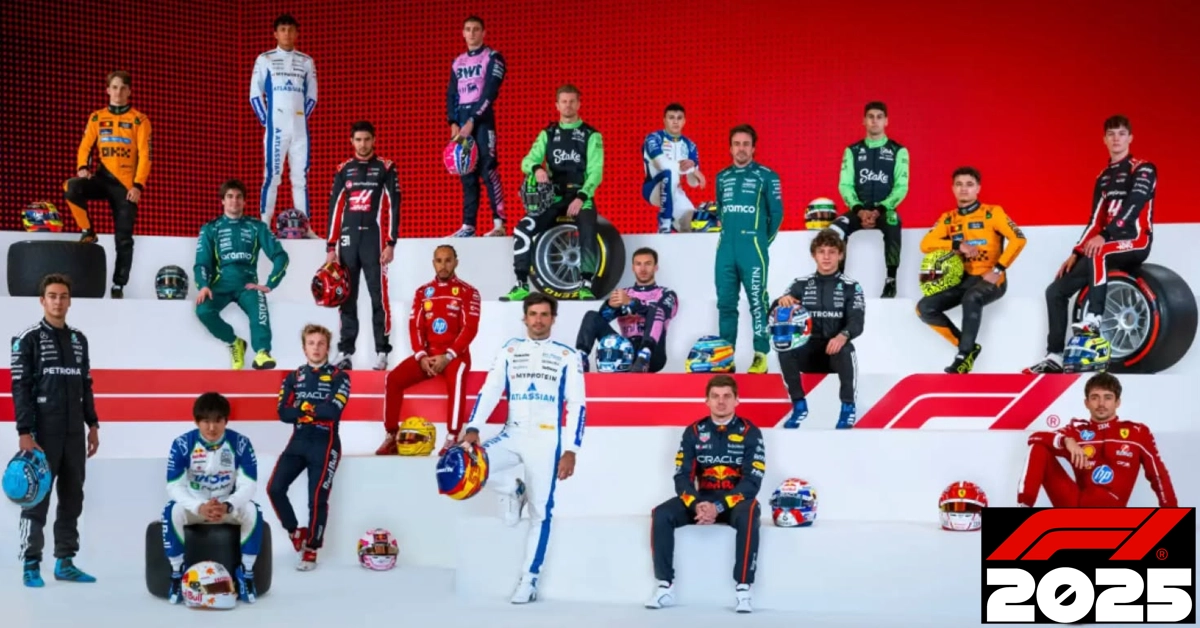Can Gambling Make You Smarter? The Cognitive Skills You Build at the Tables
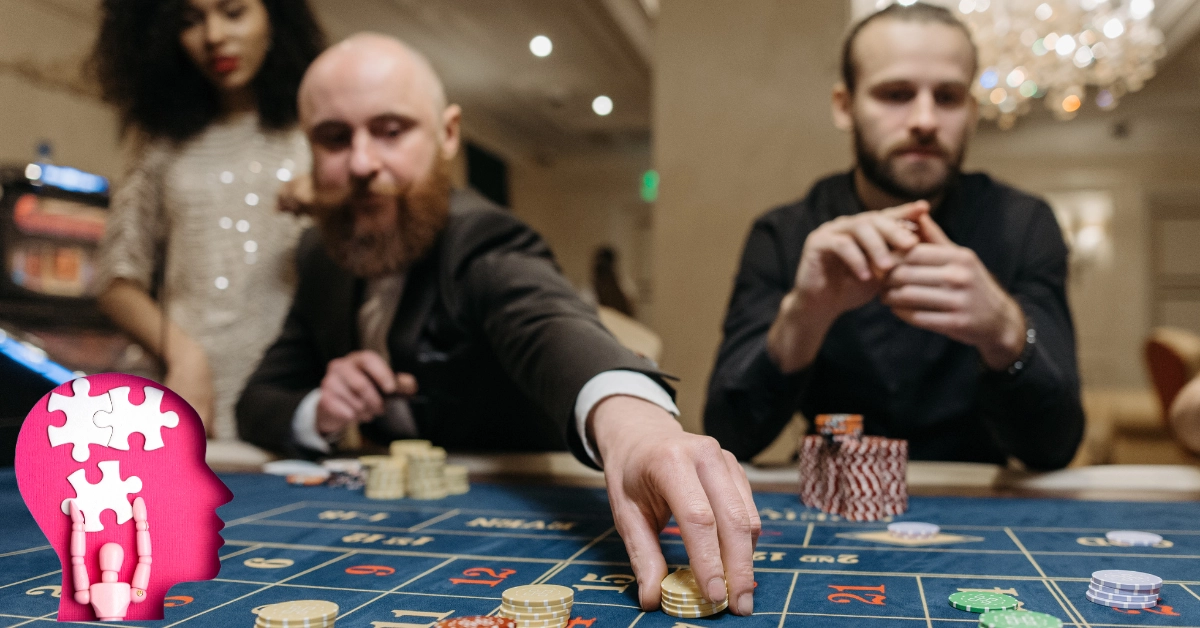
What if every card you play and every bet you make is actually a good workout for your noggin? Is your brain doing reps when you gamble?
Gambling sometimes, okay, a lot of the times, gets a bad rap. But when you strip away the negative stereotypes, you’ll find that the games like poker and blackjack aren’t only driven by chance. They’re mental gyms where strategy, math, and emotional grit collide.
Skill-based gambling isn’t only about winning cash—although that’s definitely a bonus. When you play, you are building sharper decision-making, math fluency, and emotional resilience. And these are all valuable skills that pay off even when you’re not at the casino!
Myth-Busting: Gambling Is Just About Luck
Before we begin, we need to address the elephant in the room: the idea that gambling only involves luck. Sure, a lot of games rely purely on chance, but others? They are literal playgrounds for a strategic mind!
Common Misconception
Slots and roulette do tend to dominate the gambling stereotype—nothing but randomness. But lumping all gambling into that singular category is like saying that all sports are “just running around.”
Shift Perspective
Skill-based games like poker and blackjack are battles of strategy, not just luck. You’re crunching odds, reading your opponents, and making split-second decisions. Yes, luck is dealing the cards, but your skills are playing the hand that you are dealt.
The Cognitive Skills You Build at the Tables
The difference between an experienced player and a casual player pretty much comes down to a mental fortitude that was forged under pressure. Yes, it can be learned, but it doesn’t just happen.
Strategic Decision-Making
How exactly does strategic thinking unfold during a game? Like this:
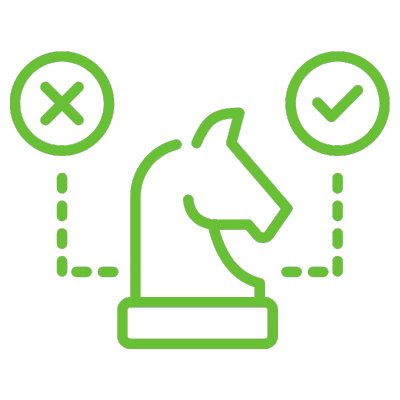
- How It Works: Poker forces you to weigh risks in real-time. Do you fold a weak hand, call a bluff, or double down? Every move is a lesson in cost-benefit analysis.
- Real-Life Benefits: From negotiating job offers to managing a tight budget, life tends to reward those who can think two or three steps ahead.
Math Skills and Probability
Now, let’s break down how math drives every decision that you make at the table:
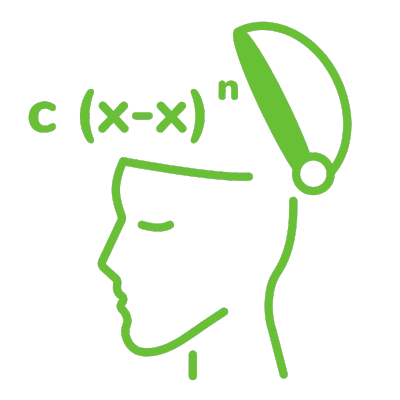
- How It Works: Blackjack isn’t luck—it’s basic arithmetic. Card counters track ratios, calculate house edges, and know when to walk away. It’s math in motion.
- Real-Life Benefits: Budgeting, investing, or even planning a road trip—numbers stop being abstract concepts and start working for you.
Emotional Regulation and Patience
And if you have the strategies and math skills down, how do you manage to maintain your composure under the pressure? By doing the following:
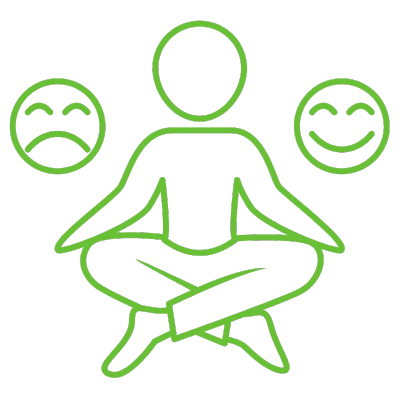
- How It Works: Losing a big hand and tilting (emotional frustration) will ruin your game. Pros have learned (and mastered) the instant reset—there is no anger and no sulking.
- Real-Life Benefits: If you can keep your head about you and stay calm during conflicts, handle any stress at work, or make it through holiday gatherings with relatives, it’s worth it.
Pattern Recognition
Okay, on to pattern recognition! How do players decode any hidden clues during games? By working on the following things:
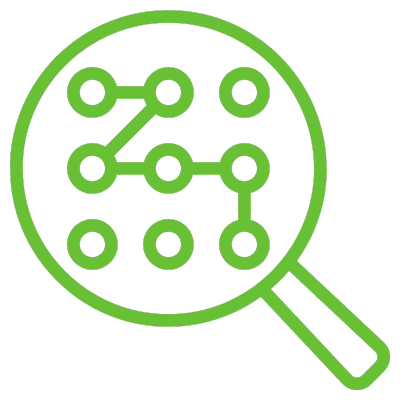
- How It Works: Spotting a player’s “tell” or predicting dealer habits isn’t sorcery—it’s simply noticing micro-patterns that others could miss.
- Real-Life Benefits: Detecting red flags in contracts, anticipating market shifts, or decoding your romantic partner’s cryptic texts.
Examples of Successful Players
If you’re still a skeptic, allow us to give you more concrete evidence—below are some examples of real (and successful) players who turned their gambling into a showcase of cognitive prowess.
Profiles of Poker Pros
- Daniel Negreanu: A master of psychological warfare, Negreanu’s ability to read opponents earned him six World Series of Poker bracelets and over $42 million. His mantra? “Adapt or die.”
- Vanessa Selbst: The Yale Law grad turned poker phenom used analytical rigor to dominate male-dominated tables, racking up $11.8 million in earnings.
- Chris Moneymaker: The accountant who turned an $86 online qualifier into a $2.5 million WSOP win, proving that skill can trump pedigree.
- Maria Konnikova: A psychologist and author who used poker to study decision-making—and accidentally became a pro, winning over $300k.
Cross-Skills Success
- Bill Chen: A poker pro with a Ph.D. in math who applies game theory to Wall Street trading.
- Annie Duke: A former poker champion who now coaches CEOs on decision-making under uncertainty.
Are These Skills Accessible to Everyone?
You don’t need to be a math genius or a poker savant! Every single one of these skills is learnable—but only if you’re willing to practice and put in the work!
Learning Curve
It’s kind of like trying to learn a new language—gambling’s mental skills start out clunky, but eventually, they become instinctual. Start small, study a lot, and let your losses teach you lessons.
Tools for Growth
The following is a curated list of our favorite tools and resources that can elevate your game—all are backed by expert recommendations and proven results!
- GTO Wizard: Solves complex poker scenarios using Game Theory Optimal (GTO) strategies. Offers AI-powered analysis for preflop/postflop decisions, equity calculations, and interactive training modules.
- Ideal for: Players who want to master balanced strategies and exploit their opponents’ leaks.
- PioSolver: A GTO-based solver that analyzes hand ranges, simulates outcomes, and optimizes decision trees. The free version is super beginner-friendly, and the Pro versions handle advanced multi-way spots.
- Ideal for: Serious players who want to dissect deep-stack tournaments or cash games.
- Flopzilla: Visualizes hand ranges and equity distributions across flops. Simplifies range-vs-range analysis to identify profitable lines.
- Ideal for: Developing range-based thinking and postflop strategy.
- HoldemResources Calculator (HRC): Integrates ICM (Independent Chip Model) calculations for tournament play, including PKO (Progressive Knockout) and multi-table dynamics.
- Ideal for: MTT grinders optimizing late-stage tournament decisions.
- Run It Once: Founded by Phil Galfond, this platform has video libraries, interactive GTO trainers, and forums. It covers cash games, tournaments, and live poker nuances.
- Best feature: The “GTO Trainer” lets you practice optimal strategies against AI opponents.
- Upswing Poker: Co-created by Doug Polk, it provides courses like the “Poker Lab” for cash games and tournaments. Includes hand breakdowns, HUD setups, and bankroll management guides.
- The best feature is Community Discord, which provides real-time feedback.
- Pokercode: Founded by Fedor Holz, this elite platform focuses on mental game coaching, advanced PLO strategies, and community-driven learning.
- Best feature: Access to Holz’s personal hand histories and live session analyses.
- Raise Your Edge: Bencb’s tournament-focused masterclasses, including free beginner courses and advanced knockout (KO) tournament strategies.
- Best feature: Pre-flop range charts tailored for modern MTT metas.
- “The Theory of Poker” by David Sklansky: Core concepts like implied odds, pot equity, and bluffing frequencies. A must-read for foundational poker theory.
- “Beat the Dealer” by Edward O. Thorp: The classic blackjack card-counting system (Hi-Lo method) and probability-based betting strategies.
- “The Mental Game of Poker” by Jared Tendler: Overcoming tilt, building emotional resilience, and maintaining focus during long sessions.
- Equilab: A free equity calculator for comparing hand ranges and simulating postflop scenarios. Includes an “Equity Trainer” for practice quizzes.
- PokerStars School: Free tutorials, hand quizzes, and bankroll management guides. Perfect for beginners transitioning to micro-stakes.
- ICM Trainer: Teaches tournament-specific ICM decisions through interactive exercises. The light version is free, and the full version includes more advanced simulations.
- PokerSnowie: Uses AI to analyze your playstyle and suggest GTO adjustments. Simulates millions of hands to identify leaks.
- Ideal for: Players refining preflop ranges and bet-sizing.
- Advanced Poker Training (APT): AI-powered bots mimic real-player tendencies (e.g., loose-aggressive, tight-passive), and have post-session feedback and leak reports.
Why These Tools Work
The above resources combine theory, practice, and community support. GTO Wizard’s AI-driven solutions and Run It Once’s pro-led content are a conduit between learning and application. Books like “The Theory of Poker” give players timeless frameworks, and AI tools like PokerSnowie adapt to modern metas.
- Our Pro Tip: Combine software analysis (e.g., PioSolver) with community feedback (e.g., Upswing’s Discord) to accelerate your growth and cross-reference strategies with real-world hand histories!
The Ethical Side of Gambling
Before you even commit to the game, you have to know and understand the risks. Gambling’s perks do come with some hazardous territory, and ignoring them is always a losing bet.
Addressing Concerns
Gambling isn’t just a game—it’s an entire ecosystem that has a lot of real-world consequences. Yes, skill-based play can sharpen your mind, but the industry’s ethical complexities do call for scrutiny. From addiction risks to the societal impacts, here’s what you need to know so that you can engage responsibly.
The Addiction Risk
Gambling addiction (officially termed gambling disorder) affects ~1-3% of adults globally. It rewires the brain’s reward system, prioritizing short-term dopamine hits over long-term consequences. Unlike substance abuse, it’s a “hidden” addiction with no physical symptoms, and that makes it harder to detect.
Red flags to watch out for:
- Chasing losses (“I’ll win it back next hand”).
- Lying about the time/money you have spent gambling.
- Borrowing money to fund your bets.
- Neglecting your work, relationships, or hobbies.
The Gambling Industry’s Role
Critics argue that casinos and gambling sites use psychological tricks to exploit vulnerability, like the following tactics:
- “Near misses” (e.g., slot machines showing two cherries and a blank).
- Losses that are disguised as wins (e.g., winning back $10 after betting $50).
- Auto-play features that encourage mindless, repetitive betting.
Cognitive Biases & Exploitation
The following are some of the most common distortions that fuel risky playing behavior:
- Gambler’s Fallacy: Believing past outcomes influence future results (e.g., “Red has hit five times—black has to be next!”).
- Illusion of Control: Overestimating skill in luck-based games (e.g., thinking you can “time” a slot machine).
- Sunk Cost Fallacy: Continuing to bet to justify prior losses (“I’ve already spent $500—I can’t quit now”).
And these are the ethical gray areas:
- Predatory Advertising: Targeted ads for free bets or “risk-free” offers, which are usually aimed at young or more vulnerable demographics.
- VIP Programs: Casinos incentivize high rollers with perks (private jets, luxury suites) to keep them gambling beyond their means.
Financial & Psychological Toll
The numbers concerning the financial and psychological toll that gambling can take don’t lie:
- The average problem gambler accumulates $40,000-$70,000 in debt.
- 20% of bankruptcies in the U.S. involve gambling-related debt.
- Mental Health: Problem gamblers are 3x more likely to experience depression and 5x more likely to attempt suicide.
- Relationships: Secrecy and debt erode trust and can result in divorce or family estrangement.
Societal Impacts
As for the societal impacts, who pays the price?
- Taxpayer Burden: Public funds usually cover treatment programs, debt counseling, and legal costs tied to gambling-related crime (e.g., embezzlement).
- Youth Exposure: 60% of teens have gambled by the age of 18–loot boxes in video games have normalized risk-reward behavior.
- Communities: Casinos do certainly give a boost to local economies but they may also increase crime rates and bankruptcies in the surrounding areas.
Responsible Gambling Tools
Here is how you can protect yourself (and others):
Self-Exclusion Programs
- GamStop (UK): Blocks access to all licensed gambling sites for 6 months to 5 years.
- National Council on Problem Gambling (U.S.): Offers state-specific exclusion tools.
- Deposit Limits: Set daily/weekly caps via apps like BetBlocker or casino account settings.
- Reality Checks: Apps like Gamban send alerts when you’ve played for a set time (e.g., 30 minutes).
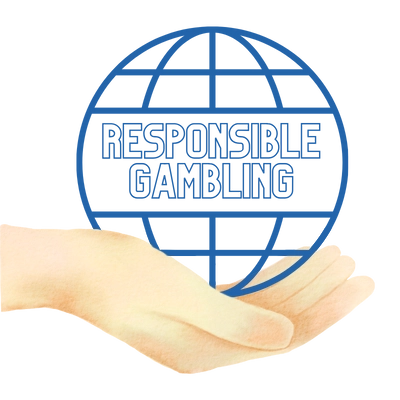
Third-Party Tools
- Pause feature on Apple Pay/Google Pay: Restrict gambling transactions.
- Responsible Gambling Council: A centralized database of resources for anyone who is struggling with gambling.
Ethical Operator Practices
As for online gambling sites and land-based casino operators? Ethical platforms should practice the following:
- Promote responsible gambling tools proactively (not buried in fine print).
- Ban credit card deposits (as seen in the UK and Spain).
- Fund addiction research and helplines (e.g., 1-800-GAMBLER).
What to look for (and call out if it’s missing):
- Transparency: Clear display of odds, house edges, and RTP (Return to Player) rates. Example: A slot machine with a 95% RTP means the house keeps 5% long-term.
- Fair Marketing: No targeting of minors, students, or low-income groups.
- Anti-Predatory Design: No autoplay or “speed roulette” features. Mandatory cooling-off periods after large losses.
- Certifications: Look for seals like eCOGRA (fair gaming) or GamCare (responsible gambling standards).
Personal Accountability
Ask yourself the following questions:
- Am I gambling for fun or escape? If it’s the latter, pause and seek support.
- Do I track my wins/losses? Use apps like Poker Income Tracker or spreadsheets to audit habits.
- Could I walk away today? If the thought of quitting triggers anxiety, it’s a pretty big red flag.
Finding Balance
Treat gambling like a sport, not a side hustle. Set strict budgets, walk away after losses, and never bet what you can’t afford to lose.
Yes, skill-based games can result in growth, but the industry’s profit-driven tactics often prey on human weakness. What is the solution to finding a modicum of balance? Demand accountability—from operators, regulators, and, most importantly, from yourself.
If You Need Help:
- U.S.: Call 1-800-GAMBLER or visit the National Council on Problem Gambling
- UK: Contact GamCare
- Global: Find resources via Gamblers Anonymous
How to Get Started Smartly
If you’re intrigued by the idea of turning the casino into your very own cognitive training ground, we have a blueprint for you! This isn’t about going all in on your first run—you have to build skills methodically, take the least amount of risks, and stay in control. Below, we walk you through it step by step!
Step-by-Step Guide
Why it matters: Not all games are the same—not by a long shot. Concentrate on the ones where your decisions directly influence outcomes.
- Poker (Texas Hold’em): The ultimate brain game. You’re battling opponents, not just odds. Start with No-Limit Hold’em—it’s the most widely played and strategy-rich variant.
- Blackjack: A numbers game where basic strategy can reduce the house edge to under 1%. Perfect for math-minded players.
- Sports Betting (for stats nerds): If you love analytics, this combines probability modeling with real-world data. Stick to sports you really understand.
Avoid: Slot machines, roulette, and lottery-style games—all of them are pure luck and offer zero skill development.
Would you run a 10k marathon without training? We hope not! In the same vein, don’t gamble without studying.
Phase 1: Master the Basics
- Poker: Learn hand rankings, betting rounds (pre-flop, flop, turn, river), and positional play. (Check out our Poker Cheat Sheet for reference)
- Blackjack: Memorize the basic strategy chart (when to hit, stand, split, or double down).
Resources:
- Books: Harrington on Hold’em (poker), Beat the Dealer by Edward Thorp (blackjack).
- YouTube Channels: “BlackRain79Poker” for low-stakes strategy, “CasinoTop10” for blackjack tutorials.
- Apps: “PokerCoaching” for interactive quizzes, “Blackjack Trainer” for drills.
Phase 2: Level Up
- Poker: Study pot odds, implied odds, and player profiling (tight vs. loose players).
- Blackjack: Dive into card counting systems like Hi-Lo (legal in casinos, but frowned upon—practice discretion).
Advanced Tools:
- Use equity calculators like “PokerTracker” or “Hold’em Manager” to analyze hands.
- Join forums like Reddit’s r/poker or r/blackjack to ask questions and review hand histories.
There is one golden rule and it is this: Never risk money you can’t afford to lose.
Free Play Options
- Poker: Apps like PokerStars Play (play-money tables) or WSOP Social Casino.
- Blackjack: Free versions on 247 Blackjack or casino sites like Bovada’s “Practice Play” mode.
- Sports Betting: Use mock bankrolls on platforms like Action Network to simulate bets.
Low-Stakes Transition
- Poker: Start with micro-stakes online games (e.g., $0.01/$0.02 blinds) or home games with friends.
- Blackjack: Look for $5-minimum tables at casinos or online gambling sites.
- Sports Betting: Begin with $1-$5 wagers on single-game props (e.g., “Will Player X score a touchdown?”).
There is a big difference between a hobby and a habit, and setting limits keeps your feet on the ground.
Bankroll Management
- Poker: Only risk 1-2% of your total bankroll per session. Example: If you have $500, bet $5-$10 per game.
- Blackjack: Follow the “100x rule”—your bankroll should be 100x the table minimum.
- Loss Limits: Decide in advance how much you’re willing to (and can comfortably) lose daily/weekly. Use apps like Gamban to block deposits after hitting your limit.
Time Limits
- Set a timer for sessions (e.g., 1 hour max). Casinos thrive on keeping you playing longer than planned.
- Use tools like Screen Time (iOS) or Freedom (desktop) to lock yourself out of gambling sites after you have hit your limit.
Emotional Limits
- The Tilt Rule: If you lose three hands/bets in a row, take a 15-minute break. Walk away, calm down, and reset.
- Win Goals: Celebrate small wins—if you’re up 30%, cash out and quit for the day.
The secret to growth is to learn from every gambling session—here’s how to go about it!
Post-Game Review
- Poker: Use tracking software like Hand2Note to replay hands. Ask: “Did I overvalue my hand?” “Did I miss a bluff opportunity?”
- Blackjack: Review your decisions against the basic strategy chart. Did you hit when you should’ve stood?
- Sports Betting: Compare your predictions to outcomes. Did emotions influence your bets?
Adjust Your Strategy
- If you’re consistently losing at poker micro-stakes, drop down to play-money games until your skills improve.
- If blackjack feels stagnant, practice card counting drills for 10 minutes daily.
☑️ Chosen a skill-based game and studied its rules.
☑️ Practiced for 10+ hours risk-free.
☑️ Set firm financial, time, and emotional limits.
☑️ Prepared tools for tracking progress (apps, journals).
The above approach turns gambling into a structured learning experience. You’re not just doing it willy-nilly—you’re building discipline, analytical thinking, and self-awareness. The goal here isn’t to “get rich quick.” It’s to walk away smarter, whether you win or lose.
Conclusion: Mind Over Money
Gambling, at its best, is less about beating the odds and more about mastering your mind. The tables teach you to weigh risks, learn from losses, and stay in control when the stakes are high—lessons that all translate far from the felt tables of the casino. But just like fire, it’s a valuable tool that demands respect, so tread carefully, put first your growth over greed, and you just might find that the smartest bet you can make is on your brain gains!
Look below for a quick recap of the main takeaways of the cognitive skills you can build at the casino table:
- Skill-based gambling sharpens critical thinking, math fluency, and emotional control.
- The skills spill over into everyday life, from career moves to personal finance.
- But: Without discipline, gambling’s risks far outweigh its rewards.
Curious to see if you can turn the table into a classroom? You can train your brain to make those gains, so get to learning! Be sure to check out all of our educational material on GamblingSite.com.

Alyssa contributes sportsbook/online casino reviews, but she also stays on top of any industry news, precisely that of the sports betting market. She’s been an avid sports bettor for many years and has experienced success in growing her bankroll by striking when the iron was hot. In particular, she loves betting on football and basketball at the professional and college levels.



